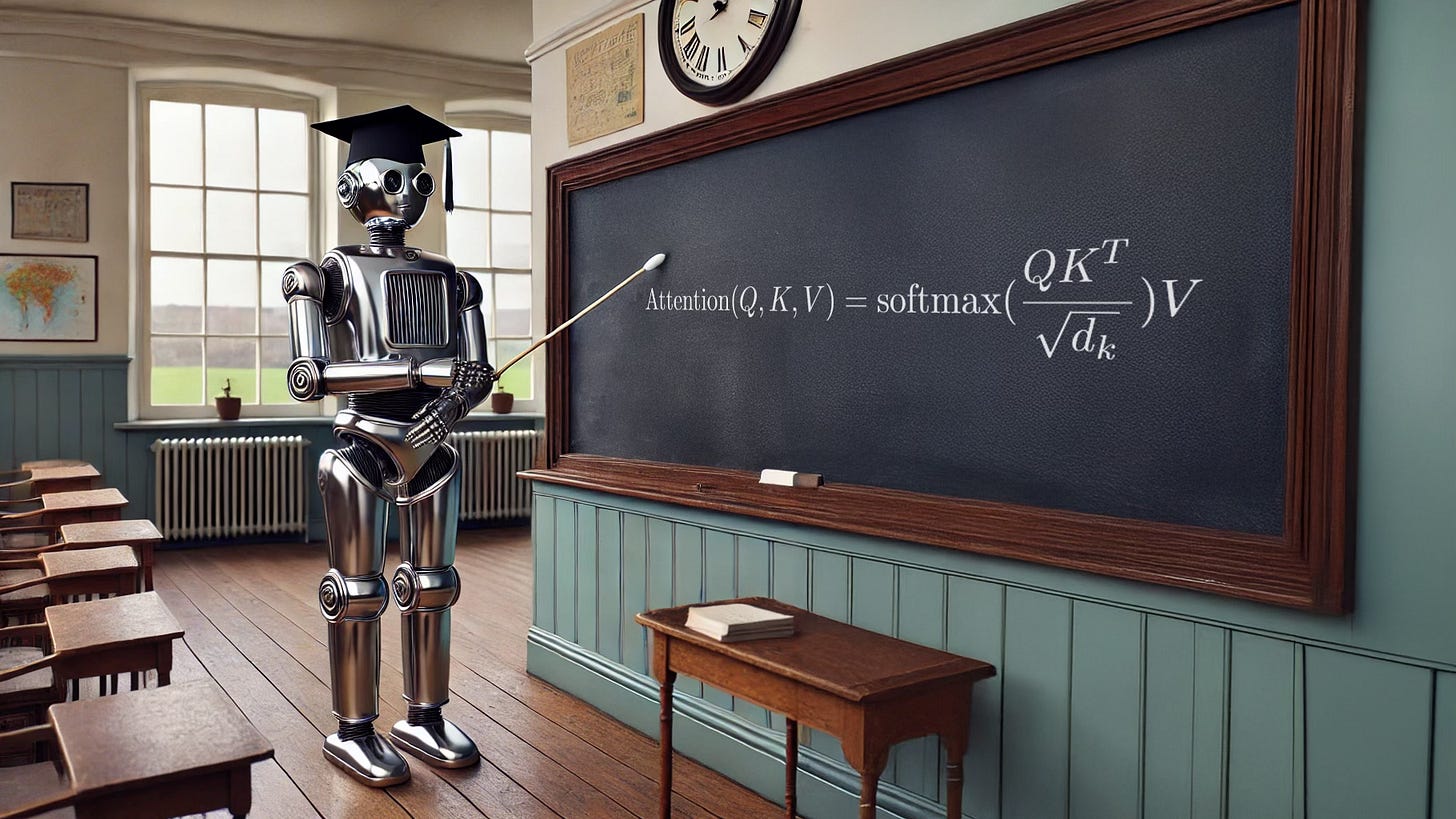AI is going to break how schools work – but that will be good
The awkward reality the government seems scared to talk about
I’m not sure the teachers reading are going to like this one.
A regular theme in my newsletter is how technology breaks existing institutions and scrambles all of our assumptions about how they work.
For example, a couple of years ago I wrote how about the internet has fatally undermined the core bargain at the heart of the BBC, and more recently about how SpaceX’s Starship is going to collapse the economics of space.
However there is another disruption that is imminent: Artificial Intelligence.
Recently, I’ve written about AI a lot – such as how we’re massively underestimating the energy we’ll need to power it (yes, despite DeepSeek), and how it is going to transform the music industry, for better or worse. But this is barely scratching the surface.
Given the near daily breakthroughs and utility of AI models, it’s likely that every sector will be upended by this powerful new technology. And this brings me to schools.
A couple of weeks ago to coincide with the publication of the governments’s AI strategy, the Department for Education (DfE) dropped a new policy paper, on how generative AI could be used in education.
It’s not massively detailed, but it does set out the department’s thinking about how AI might change schools. But if you read between the lines, I think you can see what about the technology makes DfE nervous. See if you can spot it in this quote:
“Generative AI has demonstrated that it can help the education workforce by reducing some of the administrative burdens that hard-working teachers, staff and school leaders face in their day-to-day roles.
Research demonstrates that generative AI could also be used for tasks such as feedback and tailored support in schools.
Evidence is still emerging on the benefits and risks of pupils and students using generative AI themselves. We will continue to work with the education sector to develop understanding of effective and safe use cases.”
That’s right – it’s that last paragraph. AI can reduce the burden of marking, paperwork and school management, no problems there. But what about… that other thing… that teachers do?
“AI has the power to transform education by helping teachers focus on what they do best—teaching,” says Technology Secretary Peter Kyle in a canned quote accompanying the publication.
And this argument is further reinforced in the policy paper, which says that “Technology, including generative AI, should not replace the valuable relationship between teachers and pupils.”
In other words, nobody wants to talk about the awkward fact that AI could replace not just the admin, but the actual teaching.
On one level, I can understand this. Moves towards using AI to actually replace the learning part of school would no doubt spark a backlash from parents, not to mention the powerful education unions, which are a powerful force inside the Labour Party.
In fact, the largest union, the National Education Union, has already hammered a stake in the ground, criticising a new, DfE-funded AI lesson planning platform for undermining “teacher autonomy”.
But here’s the thing.
I’m not sure how long everyone can keep up this pretence. Whether we like it or not, once AI is in the classroom, it’s going to force massive structural changes in how schools work – including how we teach children.
Read on to find out why.
Keep reading with a 7-day free trial
Subscribe to Odds and Ends of History to keep reading this post and get 7 days of free access to the full post archives.



